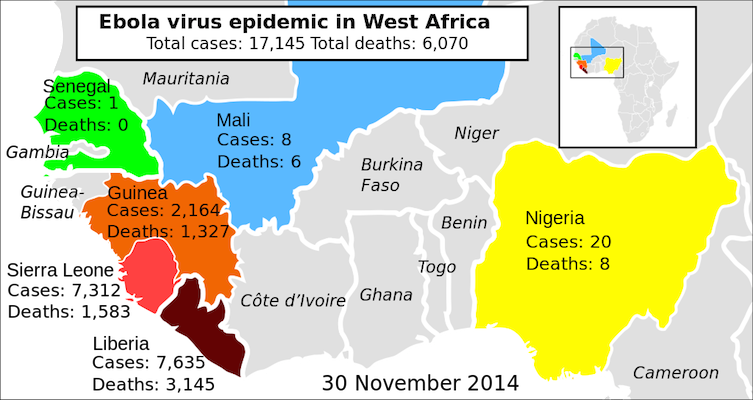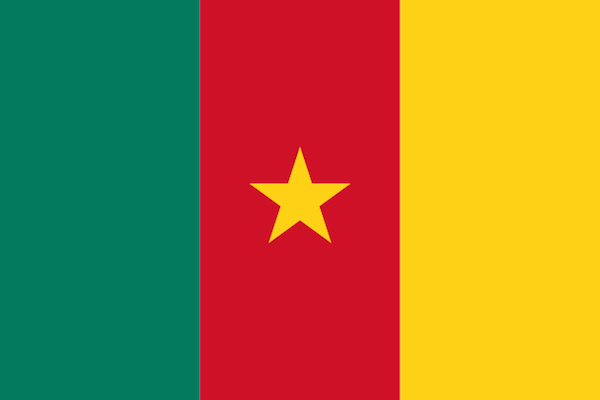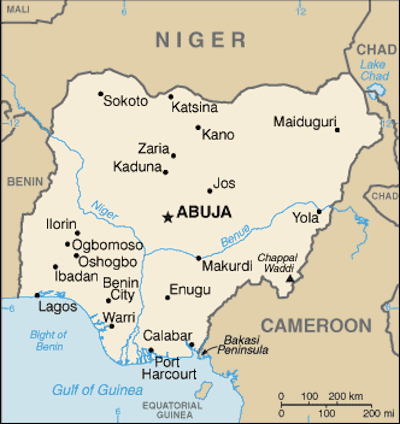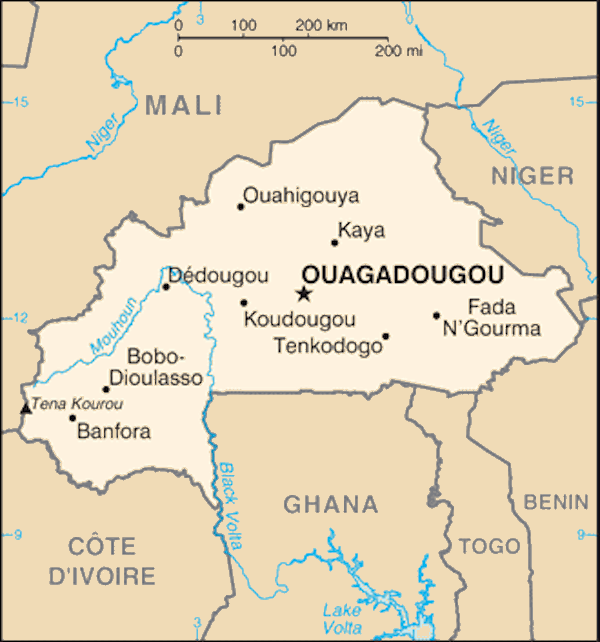Just days after Cameroon had to scramble planes to repulse as many as a thousand Boko Haram fighters who had overrun the Achigachia military base and five border villages in Cameroon, Nigeria’s strategically significant military base at Baga, near the border of Chad, fell to Boko Haram in a clear rout for the multi-national force stationed there, who apparently put up no resistance:
A senator in Borno state said troops had abandoned the base in the town of Baga after it was attacked on Saturday. Residents of Baga, who fled by boat to neighbouring Chad, said many people had been killed and the town set ablaze.
Baga, scene of a Nigerian army massacre in 2013, was the last town in the Borno North area [one of three Senate districts in the state] under government control. It hosted the base of the Multi-National Joint Task Force (MNJTF), made up of troops from Nigeria, Chad and Niger.
[…]
Residents who fled to Chad said they had woken to heavy gunfire as militants stormed Baga early on Saturday, attacking from all directions. They said they had decided to flee when they saw the multi-national troops running away.
[…]
In April 2013, at least 37 people were killed and 2,275 homes destroyed in Baga by troops hunting Boko Haram fighters who had attacked a patrol, Human Rights Watch reported.
Cooperation between the armed forces of Nigeria, Cameroon, Chad, and other nearby countries has been extremely limited and there has not been much trust. This new failure, involving one of the few points of direct integration, is likely to reinforce that tension among the anti-Boko Haram alliance members. That in turn will make it harder to prevent Boko Haram from easily moving back and forth across national borders to stage attacks on the alliance.
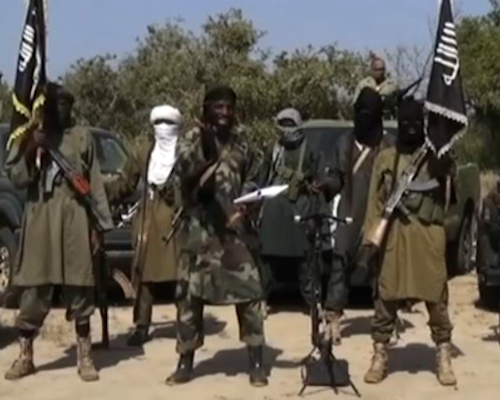
Still image (via AFP) from a Boko Haram video communiqué received October 31, 2014.



